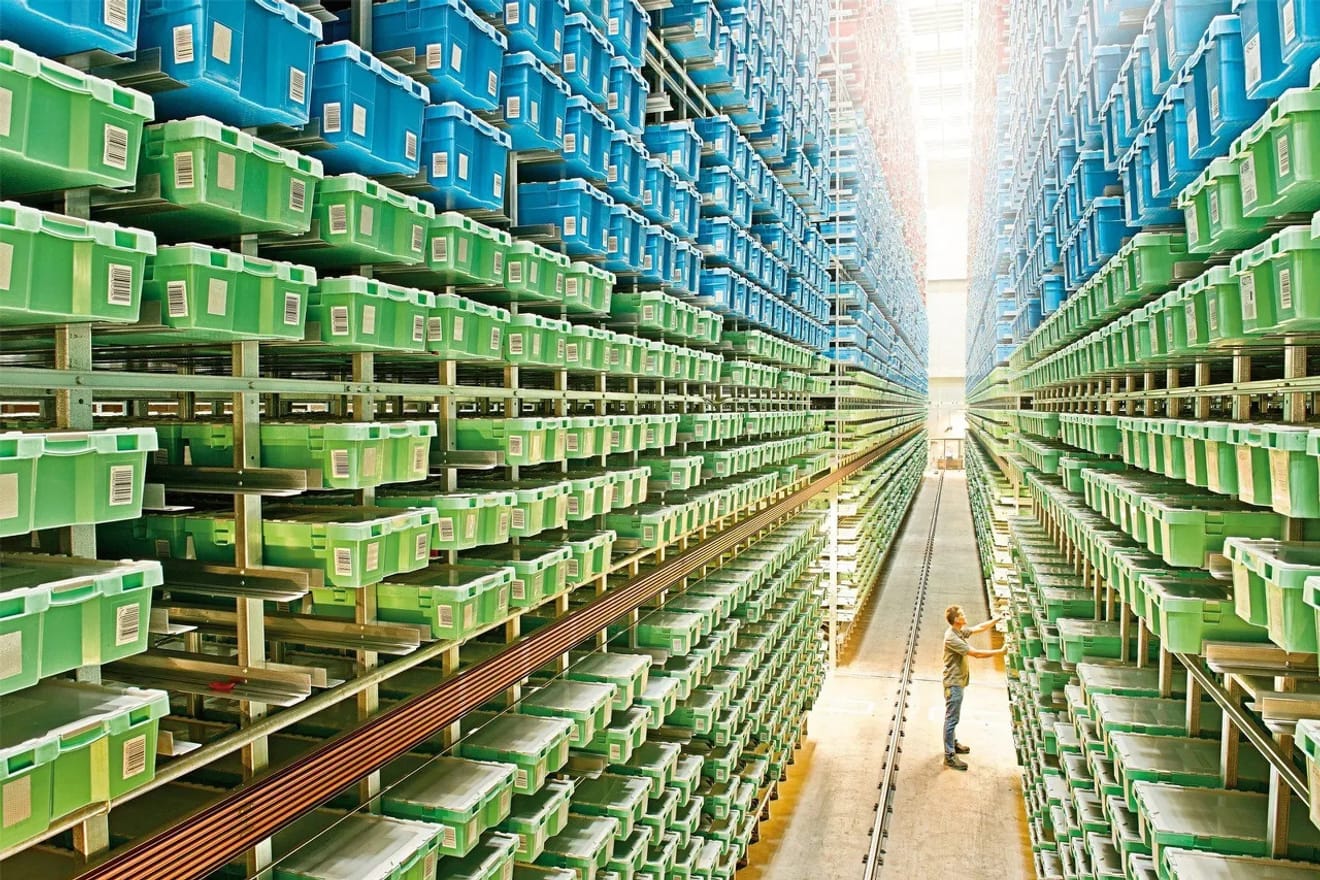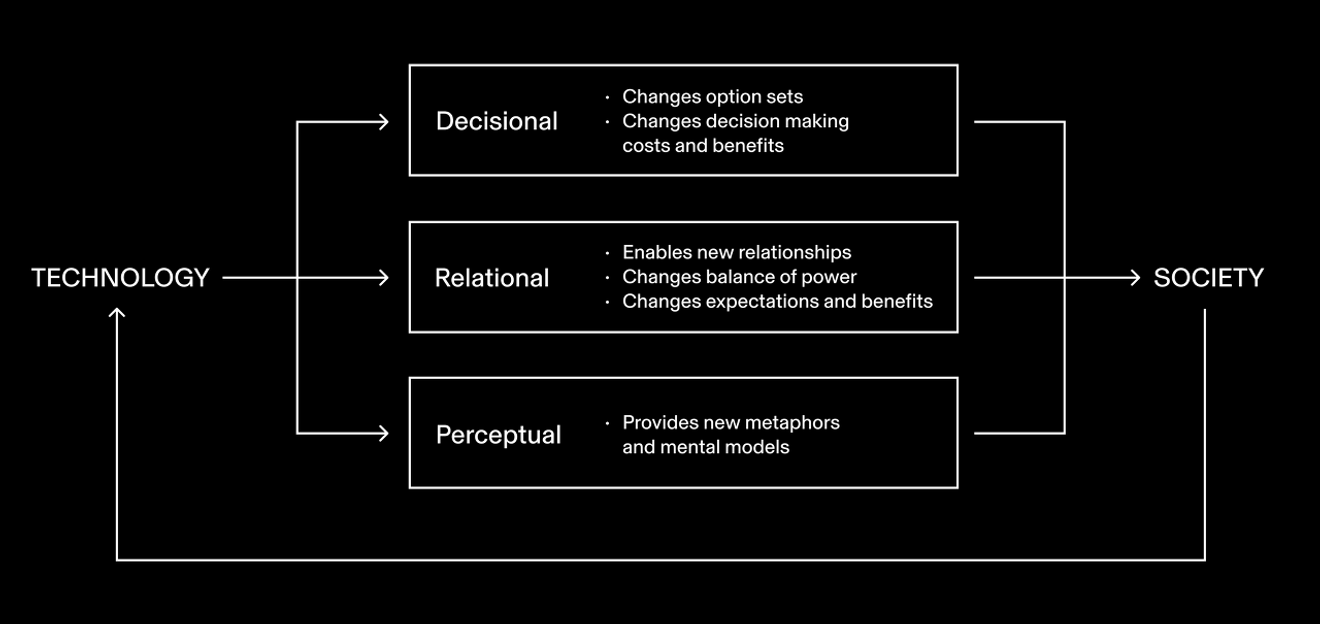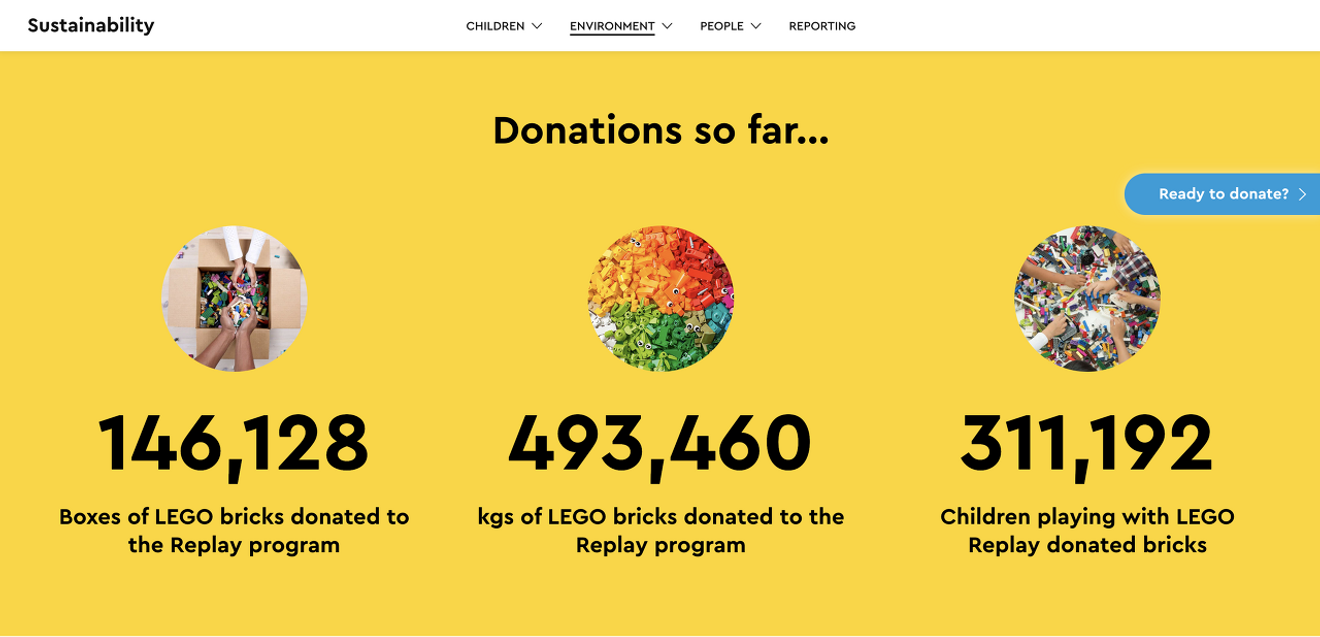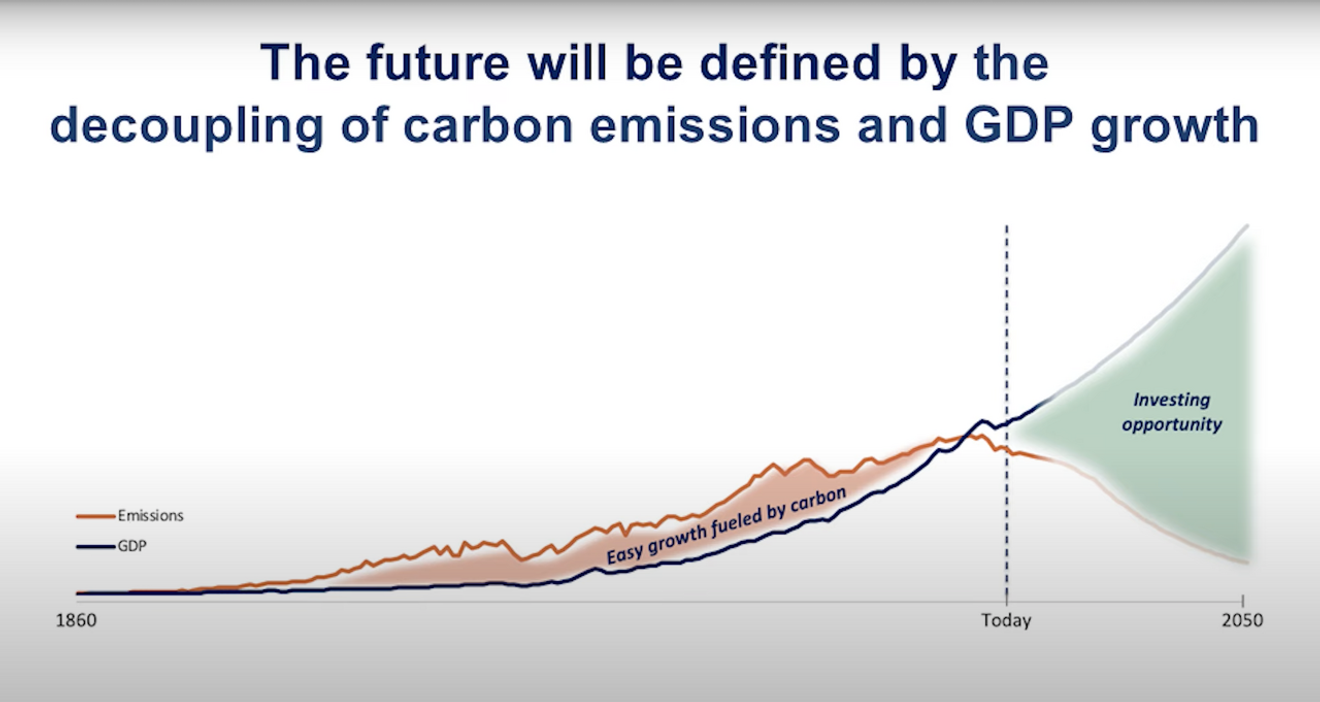"We receive hundreds of letters from children about how they can make a difference. They hold us accountable, and they want us to take sustained action for their future."
On August 30, Niels B. Christiansen, CEO of the LEGO Group, publicly pledged to achieve net-zero greenhouse gas emissions by 2050.

In the summer of 1932, Ole Kirk Christiansen's eldest son Johannes (far right) posing with the first wooden toys.
In fact, LEGO has been responsible for 100,000 tons out of the more than 380 million tons of plastic produced worldwide, based on its history of purchasing Denmark's first plastic injection molding machine after losing all its wooden materials in three consecutive factory fires in 1946. Every year, 100,000 tons of polymers are turned into 110 billion bricks, of which 80% are made of ABS (acrylonitrile-butadiene-styrene), an oil-based thermoplastic known for its strength and rigidity. ABS requires 2 kg of oil to produce 1 kg of plastic toy, and this material is not biodegradable. Having mass-produced non-recyclable toy bricks for 67 years, LEGO launched a Sustainable Materials Center in 2015, investing $155 million to develop technologies to replace ABS with sustainable materials in response to the climate crisis, which has emerged as a major obstacle to the company's operations.

Boxes of Lego are stacked 23 meters high in storage rooms holding around a billion bricks in total.
According to the International Energy Agency (IEA), the projected size of the climate-tech industry in 2032 is $148 billion (approximately 200 trillion won), a ninefold increase from $16.9 billion (approximately 23 trillion won) in 2016. Ultimately, the climate-tech industry aims for more environmentally friendly and reliable energy, faster and more comfortable transportation, tastier and healthier food, higher-quality products, and better workspaces. However, it is important to note that the investment trend that anticipates the limitless optimistic benefits of this technology may remain within the technological deterministic perspective that technological change has the greatest impact on the social relationships and structures of the human future.
Of course, the human era is an era of gradual technological advancement, progressing from the Stone Age to the Iron Age, the Steam Age, and the Information Age. In other words, technology is undoubtedly the driving force of history. However, viewing technology not simply as a silent subject of innovation but rather as an active mediator that drives changes in social relationships can enable a more substantial expansion of the expected scope in climate-tech industry investment. In this regard, the 'Three Mechanisms of Techno-Moral Change' classification system developed by John Danaher and Henrik Skaugen Setra provides clues for predicting changes brought about by technology.

Mechanisms of Techno-Moral Change
This theory explains A. the Decisional mechanism, where technology presents us with new options, such as the possibility of work-related communication from anywhere using a smartphone, and compels decision-making. It also explains B. the Relational mechanism, where technology has provided changes that enable previously impossible relationships between humans and humans, and humans and non-human AI, mediated remotely, instead of face-to-face human relationships. Additionally, it explains C. the Perceptual mechanism, where technology has introduced the concept of calculable cognitive structures, 'data' and 'cognition,' that were previously non-existent, into information related to our decisions and actions.
In summary,Technology influences how society is formed, and this, in turn, repeatedly generates the development of a reciprocal constitutive relationship between technology and humans.is the point.

Lego's 'Replay' initiative is an innovative idea
LEGO's investment in developing new plastic materials has not resulted in the complete invention of an ABS replacement, but the shift towards recycled plastic materials is gradually being applied to overall brick production, leading to improvements. Furthermore, the LEGO Group acquired BrickLink, an online marketplace for trading new and used parts, in 2019 and is running the Replay Initiative program, collecting pre-existing plastic bricks globally and distributing them to children in need of toys. This new investment standard is based onthe relationship between the product and the consumer that is currently being observed.

from The Future of Climate-Tech Is Everything | Valerie Shen | TEDxBoston
Since the beginning of the Industrial Revolution, GDP and carbon emissions have increased together. This easy growth fueled by carbon is the only growth we have consistently observed over generations, and it has brought about tremendous lifestyle improvements for people around the world, making it difficult to give up so far. However, for the global economy to break this link and achieve the necessary carbon emission reduction goals, a new type of investment is needed, that is,a strategic distinction between investments that reduce future carbon emissions and investments in recycling existing products.
For the future of climate technology to succeed in a sustainable way, everyone needs to be involved. It's time for a deeper reflection on the reciprocal constitutive relationship between technology and humans.
References
Comments0